In this article
View 5 More +If you’re a dog owner, you’ve probably found yourself sharing a snack with your furry friend at some point. Dogs can be notorious beggars when it comes to food, and it’s hard to resist those pleading eyes.
For cheese lovers, one such food that often raises questions is parmesan cheese. As a popular food and ingredient in many household dishes, can dogs eat parmesan cheese? The answer is yes, dogs can eat parmesan cheese, but only in small amounts.
When it comes to certain foods, we have to be cautious and consider their impact on our canine companions. Read on as we discuss how feeding parmesan cheese can affect our dogs!

What Is Parmesan Cheese?
Parmesan cheese, also known as Parmigiano-Reggiano, is a hard Italian cheese that is famous for its rich and nutty flavor. It is typically made from cow’s milk and has a distinct granular texture. Parmesan cheese is often used as a topping for pasta dishes, salads, and even as a standalone snack!
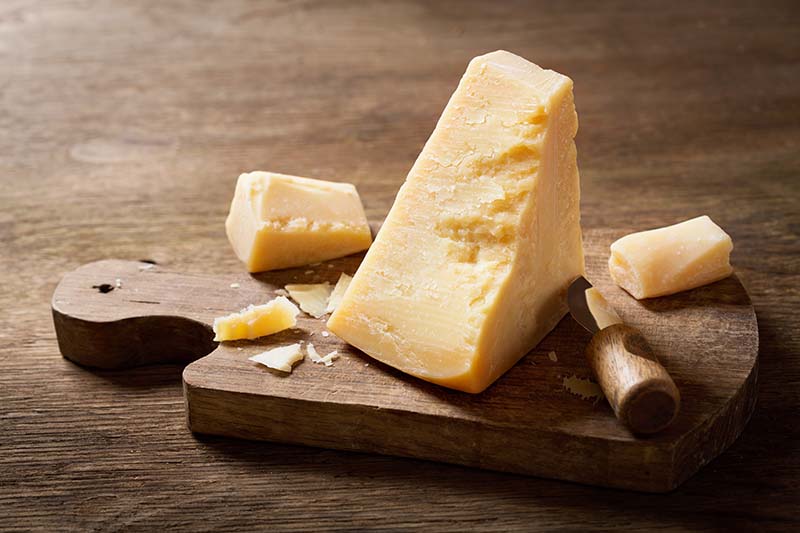
Should You Feed Parmesan Cheese to Your Dog?
While parmesan cheese is not toxic to dogs and can be a tasty treat. Whether you should feed it to your dog does depend on your individual canine to some degree. Dogs with lactose intolerance, allergies to dairy, those on special diets or prone to tummy upsets or pancreatitis, should ideally not be fed any kind of cheese.
Feeding parmesan cheese to your dog can be a delightful experience for both you and your furry friend and a great high value treat for training. However, it’s crucial to exercise caution and not overdo it. When it comes to sharing any human food with dogs, take note that dogs have a different nutritional requirements as compared to humans.
Benefits of Feeding Parmesan Cheese to Your Dog
Let’s take a closer look at the nutritional content of parmesan cheese. A 1-ounce (28g) serving of parmesan cheese contains approximately 112 calories, 7.8g of fat, 0.9g of carbohydrates, and 10g of protein. It’s worth noting that while parmesan cheese contains protein and essential nutrients like calcium and phosphorus,as well as vitamins A and B12, it is relatively high in fat and sodium. While fat is an essential part of a dog’s diet, excessive intake can lead to weight gain and potential health issues.
Parmesan does contain lactose but in lower amounts than many other cheeses.
Feeding parmesan cheese to your dog in moderation can have some benefits, but your dog should be getting all their nutritional needs from a balanced high-quality dog food.
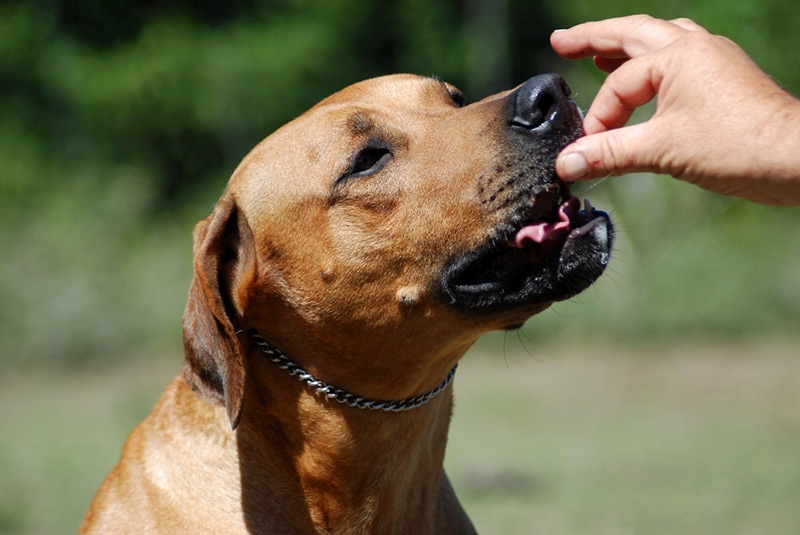
How Much and How Should You Feed Parmesan Cheese to Your Dog?
When it comes to feeding parmesan cheese to your dog, it’s important to keep portion sizes small. A small sprinkle of grated parmesan cheese on top of your dog’s regular food can add a flavorful twist without going overboard. You can also give tiny amounts as a training reward or added to home baked dog treats. Remember, parmesan cheese should be an occasional treat rather than a daily addition to your dog’s diet!
Risks of Feeding Parmesan Cheese
While parmesan cheese can be a safe and tasty addition to your dog’s diet in moderation, there are some risks associated with overfeeding or feeding excessive amounts. Feeding your dog large amounts of parmesan cheese can have negative effects if not kept in check.
The high fat and sodium content in parmesan cheese can lead to digestive issues, including diarrhea, vomiting and pancreatitis. In addition, the high fat content can also contribute to weight gain and obesity if fed regularly and in excess. The sodium content can also lead to dehydration and put a strain on your dog’s kidneys.
Furthermore, most dogs have sensitivities with lactose and are considered lactose intolerant. Dogs generally do not have the lactase enzyme, which allows them to break down lactose during digestion. Although not as high as some other cheeses, the lactose content in parmesan cheese may be difficult for some dogs to digest which can cause gastrointestinal discomfort.
Some dogs have allergies to dairy products including cheese and can develop gastrointestinal and skin signs if they consume them.
Take note that dogs love to eat and can be extremely preferential with the foods they eat. The rich flavor of parmesan cheese can be addictive to dogs, and they may develop a preference for it over their regular food.
What Should I Do If My Dog Ate a Lot of Parmesan Cheese?
If your dog accidentally consumes a large amount of parmesan cheese, it’s important to monitor their behavior and watch for any signs of distress.
Keep an eye out for signs such as vomiting, diarrhea, or excessive thirst. If you notice any concerning signs or if your dog’s condition worsens, it’s best to contact your veterinarian for guidance.
If you need to speak with a vet but can't get to one, head over to PangoVet. It's our online service where you can talk to a vet online and get the advice you need for your pet — all at an affordable price!
What Kinds of Cheeses Should Be Avoided?
While parmesan cheese can be given to dogs in small amounts, there are certain types of cheese that should be avoided altogether.
Never give your dog blue cheese such as Stilton. The fungus that is involved in making blue cheese can produce a substance called roquefortine C, which dogs can be very sensitive to.
Additionally, cheeses that are flavored with onion, garlic, herbs, spices, or additives should be avoided, as these can be harmful to dogs.
It’s also best to avoid cheese with a high-fat content such as goat’s cheese, feta, and brie.
What Other Kinds of Cheeses Are Safe for Your Dog?
While some types of cheese should be avoided, there are several varieties that can be safe and enjoyable for your dog to consume in moderation. When introducing any new cheese to your dog’s diet, it’s essential to start with small quantities and observe their reaction. Most of these cheese varieties that are considered safe for dogs are typically low in fat and sodium content.
Despite their nutritional content, some dogs may have sensitivities or allergies to certain types of cheese. Regardless of the food you are feeding, always monitor them closely for any signs of digestive upset or adverse reactions.
As with any dietary changes, it’s a good idea to consult with your veterinarian to ensure that the specific cheese and portion sizes are appropriate for your dog’s individual needs and health condition!
Here are a few cheeses that are considered safe for most dogs to consume:
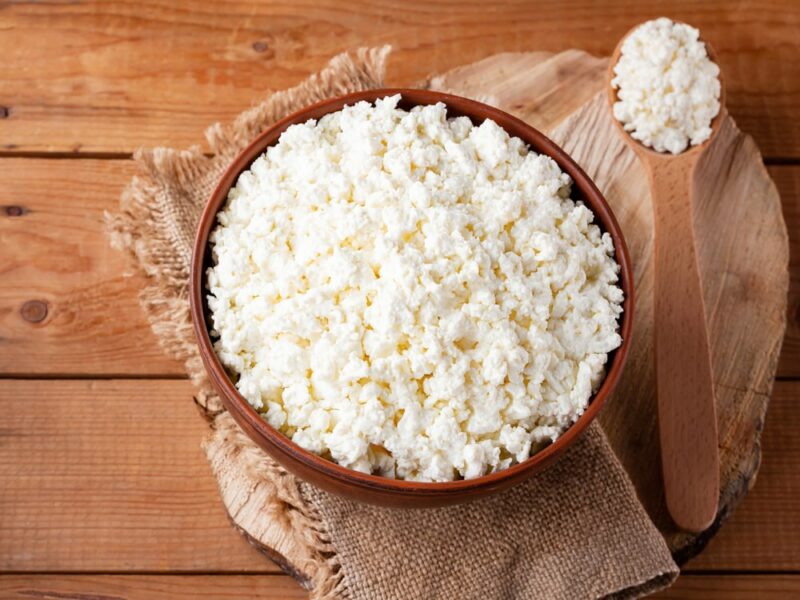
- Mozzarella
- Cottage Cheese
- Edam Cheese
- Cheddar Cheese
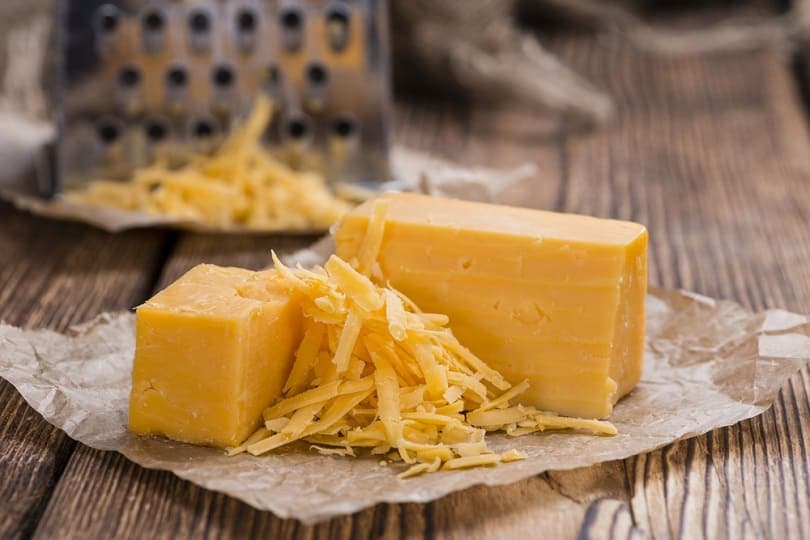

Summing Up
Yes, most dogs can eat parmesan cheese, but only in small amounts and as an occasional treat. Parmesan cheese can provide some nutritional benefits, including protein, calcium, and phosphorus.
As with any new food or treat, it’s best to consult with your veterinarian to ensure it’s suitable for your individual dog and to address any specific concerns, underlying health conditions or dietary restrictions they may have.
So go ahead, sprinkle a little parmesan cheese on your dog’s food and watch their tail wag with delight!
See also:
- Why Do Dogs Love Cheese So Much? Vet-Reviewed Facts & Considerations
- Can Dogs Eat Cheesecake? Vet Approved Facts & Safety Guide
Featured Image Credit: Waldrebell, Pixabay



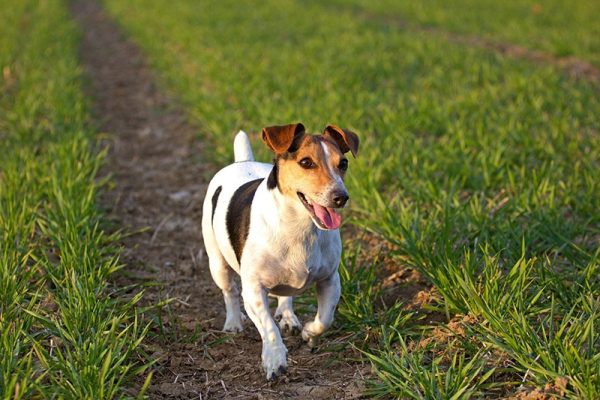







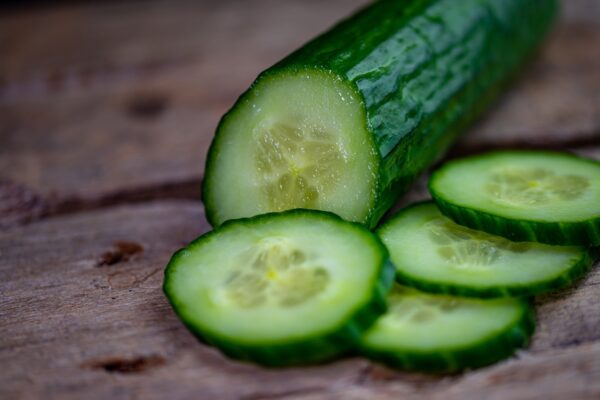
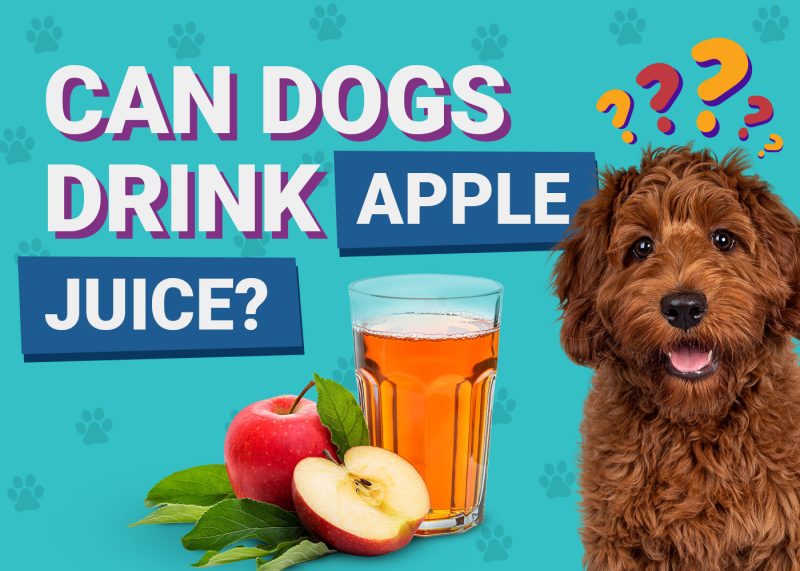

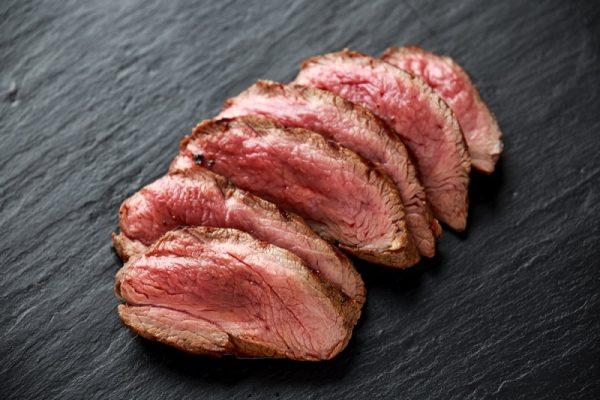


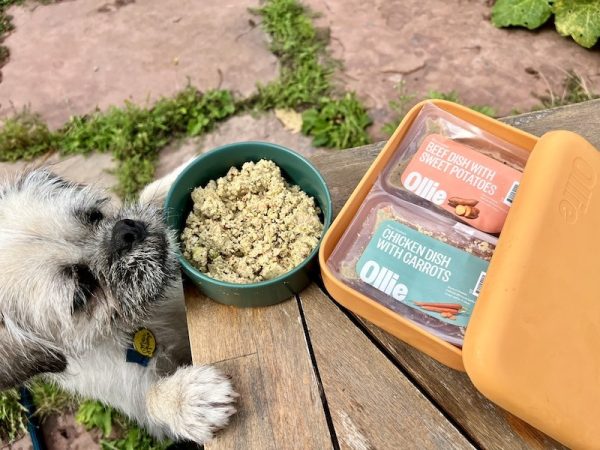



2 Responses
What a fantastic and informative post! 🧀 I’ve been curious about whether Parmesan cheese is safe for my pup, and your vet-approved facts answered all my questions. Your insights are so valuable, and I also found some great info on DogsLifeHacks. Thanks for the helpful advice—I’m excited to keep my furry friend happy and healthy! Can’t wait to explore more on your blog!